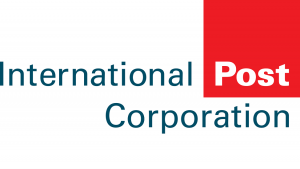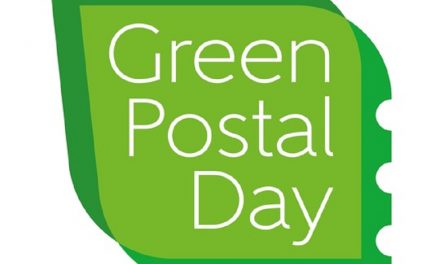
IPC: In 2019, posts reported a 31% reduction in emissions

IPC has published the first online sustainability report featuring the first-year results of the new Sustainability Measurement and Management System (SMMS) which reveals that participating Posts have continued to increase their sustainability efforts through initiatives including renewable electricity use and growth of alternative-fuel vehicle fleet.
 The IPC SMMS programme was launched in 2019 to address the sustainability objectives of the postal sector for the next 10 years, aligned with the Sustainable Development Goals (SDGs). It expands on the 2009-2019 Environmental Measurement and Monitoring System (EMMS) programme, which focused on reducing carbon emissions, and broadens the remit to the seven sustainability focus areas most relevant for the postal sector:
The IPC SMMS programme was launched in 2019 to address the sustainability objectives of the postal sector for the next 10 years, aligned with the Sustainable Development Goals (SDGs). It expands on the 2009-2019 Environmental Measurement and Monitoring System (EMMS) programme, which focused on reducing carbon emissions, and broadens the remit to the seven sustainability focus areas most relevant for the postal sector:
• Health and safety
• Learning and development
• Resource efficiency
• Climate change
• Air quality
• Circular economy
• Sustainable procurement
Highlights from the report
Renewable Electricity and Alternative Vehicles
The group has successfully increased its use of renewable electricity from 14% of total electricity use in 2012 to 31% in 2019. Seven posts now use 100% renewable electricity, and a further six use more than 90%.
The SMMS group has grown its collective alternative-fuel vehicle fleet from 65,000 (12% of total vehicles) in 2012 to over 130,000 (22%) in 2019, a particularly impressive feat given the challenging market conditions. Reported electric vehicles also increased from 2018 by more than 4,600, now comprising 15% of total vehicles in 2019.
In 2019, posts reported a 31% reduction in Scope 1 and 2 emissions compared to the 2008 baseline. This equates to year-on-year decrease of 218,000 tonnes (4%) from 2018. Since 2008, the group’s cumulative reduction in emissions now equals 18.1 million tonnes CO2.
Delivery Efficiency
Having reached the absolute emissions reduction target in 2014, participants collectively agreed on a delivery efficiency target, measuring the carbon emissions associated with each delivery, and also expanding the scope to include outsourced transport, to achieve a 20% reduction in Scope 1, 2 and 3 (from own operations and outsourced transport) carbon emissions per letter mail and per parcel by 2025, from a 2013 baseline year.
In 2019, the group reported a 3% increase in grams CO2 per item for both letter mail and parcels, compared to 2018. Since the 2013 baseline, this equates to an increase of 7% for letter mail, but a decrease of 8% for parcels. These trends highlight the challenges posts face in reducing the carbon intensity of letter mail deliveries in a climate of falling letter mail demand.
Circular economy
In 2019, participants reused or recycled an impressive 47% of total non-hazardous waste. Five posts have publicly stated targets on waste/circular economy, and a further five have internal targets
Some posts may be more advanced in their circular economy transition than others, given regional differences in regulation and evolving legislation around waste.
The first-year results of the new IPC Sustainability Measurement and Management System (SMMS) will be used to set a baseline for the reporting of participating posts. Following eleven years of reporting against environmental indicators, the group will now report on topics across a broad range of sustainability topics.
Reporting is undertaken annually on the preceding year’s data. Each of the 19 participating posts* is assessed through qualitative and quantitative elements.












